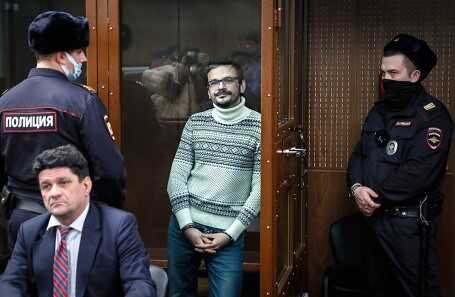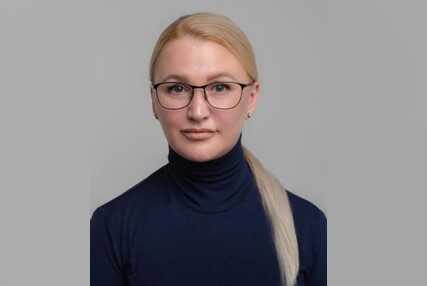Ilya Yashin spoke about two days of the stage
The cell's door creaked, and the female guard whispered loudly, "Yashin… Pack your things… You have a stage…"
I woke up and checked the time. It was five in the morning.
"You have a stage, Yashin," the woman repeated quietly, trying not to wake her cellmates. "You have 15 minutes."
The prisoners gathered in the assembly area, sharing cigarettes and engaging in various activities. The wardens brought personal files and announced the upcoming stage through Vladimir and Kirov to Kazan. The first two regions are known for harsh conditions, but the regime is milder in Tatarstan.
The officer noticed my unspoken question and looked at the documents. "Similar to Udmurtia, Valerich," he said. "Not great, of course, but you can manage, unlike Kirov."
The Kamaz truck pulled up next to the train, and the convicts took turns boarding the car known as Stolypin. Nine compartments with six beds in three tiers, separated from the corridor by bars. No pillows, sheets, or windows. Toilet and boiling water provided three times a day on schedule.
I received two dry rations, indicating a two-day journey. Looking at the train, I thought about Pyotr Stolypin, the head of the tsarist government who carried out major reforms but is mainly remembered for the prison car named after him.
The stage turned out to be lively and noisy as two compartments were occupied by girls. They boarded first and settled comfortably, observing the prisoners as they were escorted to the train.
"Oh, girls, look at this cute one!"
"And in front of him was such an intelligent, with glasses. Perhaps a fraudster?"
The guys were surprised to hear female voices. After a couple of hours, everyone enthusiastically chatted, exchanged addresses, and discussed marriages and waiting for each other from the colony. It felt like a trip to a pioneer camp, but discussions of criminal cases brought everyone back to reality. One girl had stabbed her drinking partner, while the others were imprisoned for drug dealing. The men had diverse criminal charges: robbery, theft, and so on.
In the next compartment was the lawyer Dmitry Talantov, arrested under the same article as I was for an anti-war social media post. We conversed through the bars, discussing politics, history, and literature.
At one point, he started reciting Brodsky's poems out loud. A passing guard stopped to listen.
"Hey, who are you anyway?" he asked Dmitry.
"I am the chairman of the bar association," Talantov replied. "And you?"
"And I'm turning," the employee sighed and moved on.




